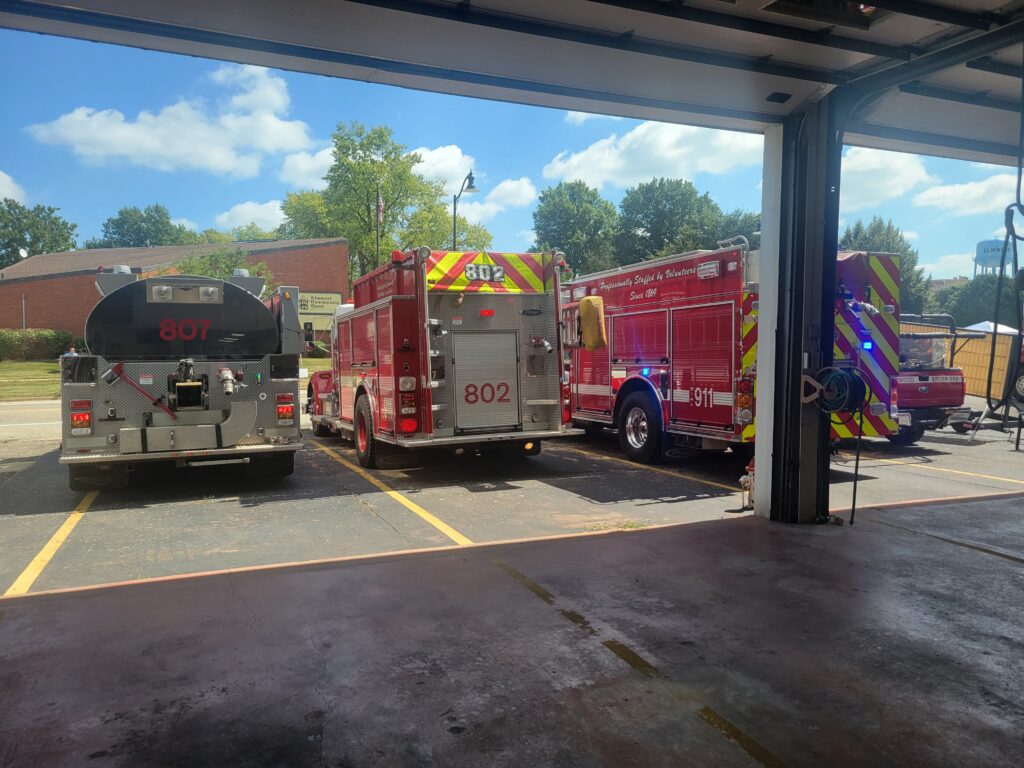
Emergency Dial 9-1-1

Emergency Dial 9-1-1
Home » Boat & Marina Fire Safety
Fires on boats and in marinas can spread rapidly, putting lives, vessels, and docks at serious risk. With fuel, electrical systems, and open flames all present in a confined space, boat fires can be devastating. Proper fire prevention, preparedness, and emergency response can significantly reduce the risk of fire-related disasters.
Understanding what causes fires on boats and in marinas can help prevent them:
🔥 Electrical Failures – Faulty wiring, corroded connections, and overloaded circuits.
🔥 Fuel Leaks & Vapors – Gasoline fumes accumulating in the bilge or near ignition sources.
🔥 Improper Refueling – Spills, improper ventilation, and ignition sources near fuel.
🔥 Galley & Heating Equipment – Stoves, grills, and portable heaters left unattended.
🔥 Battery Malfunctions – Overcharging, damaged batteries, and loose connections.
🔥 Careless Smoking & Open Flames – Smoking near fuel areas or improper candle/grill use.
🔥 On Your Boat:
🔥 At the Marina:
Fires on boats and in marinas can be deadly, but preventative maintenance, safe practices, and quick action can save lives. Stay prepared, inspect your boat regularly, and always have an emergency plan in place.
For more boating safety tips, visit the U.S. Coast Guard at www.uscgboating.org or the National Fire Protection Association (NFPA) at www.nfpa.org. 🚤🔥
